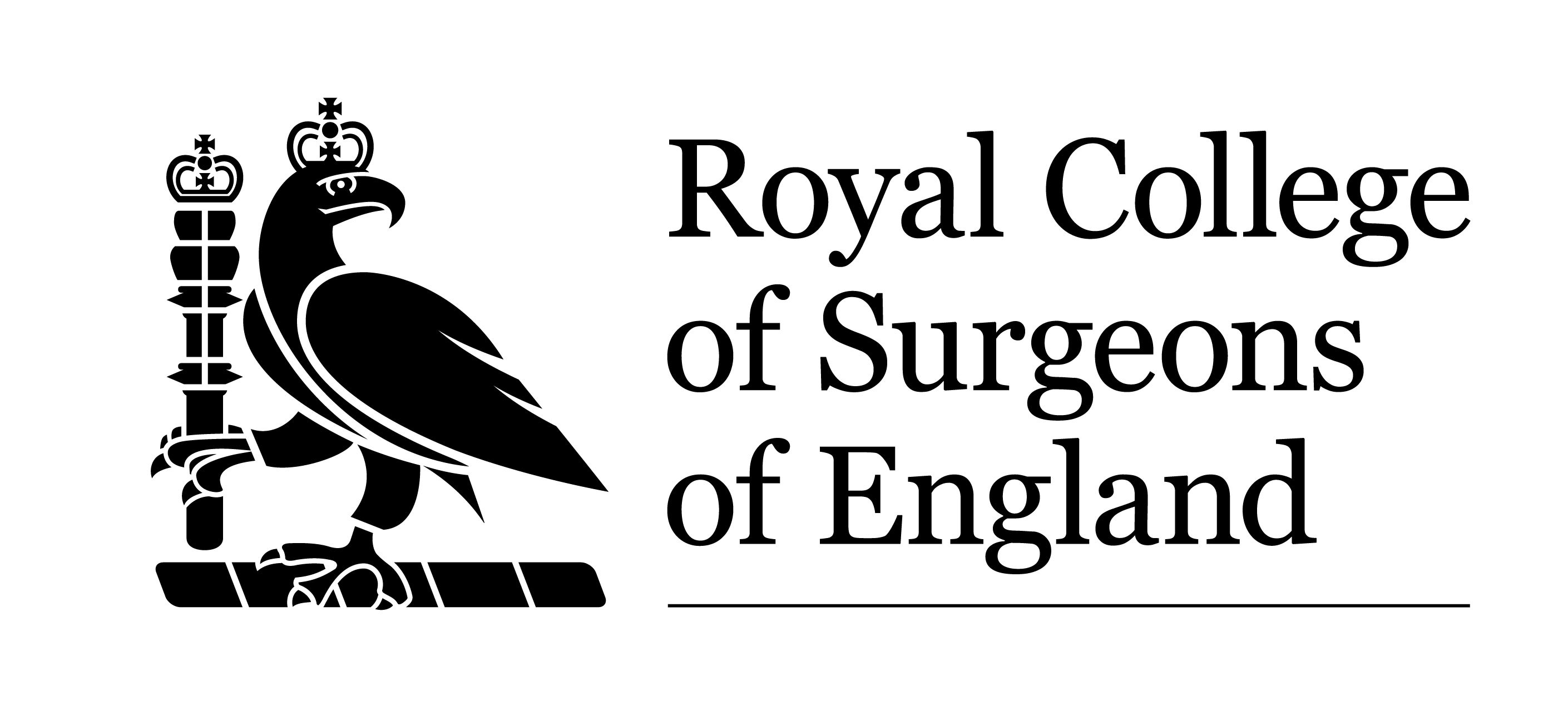‘NHS needs funding for reform and expanded surgical capacity’: RCS England issues statement on waiting times
Earlier this month The Royal College of Surgeons England issued a press release commenting on NHS England referral to treatment (RTT) waiting times for consultant-led elective care. Responding to April’s performance data, Professor Peter Friend, Vice President of the Royal College of Surgeons of England called for “more clarity on how the political parties plan to support the NHS.”
On 11th April NHS England released statistics on RTT waiting times for consultant-led elective care. The statistics include patients waiting to start treatment at the end of February 2024 and patients who were treated during February 2024.
The main takeaways from the Statistical Press Notice:
- The number of RTT pathways where a patient was waiting to start treatment at the end of February 2024 was 7.5 million. Some patients are on multiple pathways. The number of unique patients is estimated to be around 6.3 million.
- Among the 7.5 million, in 305,050 cases the patient was waiting more than 52 weeks, in 75,004 cases they were waiting more than 65 weeks, in 9,969 cases they were waiting more than 78 weeks, and in 252 cases they were waiting more than 104 weeks. In 57.6% of cases the patient had been waiting up to 18 weeks, thus not meeting the 92% standard.
- During February 2024, 1,745,825 new RTT pathways were started (new RTT period or clock starts).
- During February 2024, 301,266 pathways were completed as a result of admitted treatment and 1,175,470 were completed in other ways (non-admitted).
- For those pathways where the patient was waiting to start treatment at the end of February 2024, the median waiting time was 14.8 weeks. The 92nd percentile waiting time was 44.6 weeks.
While the data may seem promising on the surface, with waiting lists falling, the rate at which the backlog is being tackled is “not enough,” according to Professor Fiend. Expressing his concerns, Fiend called on all political parties to address clearly exactly how they planned to support the NHS, commenting particularly on funding reform and expanded surgical capacity.
You can read the full press release below:
NHS England referral to treatment (RTT) waiting times for consultant-led elective care have remained stable in February 2024. The total waiting list reduced by around 36,000 to 7.54 million, however a change to recording of community service pathways, which means they will no longer be reported in RTT data sets, accounts for the fall.
Some patients are on multiple pathways. The number of unique patients is estimated to be around 6.3 million, according to NHS England. Patients will be waiting for orthopaedic operations such as hip and knee replacements and general surgeries such as hernia repairs and gallbladder removal. Some patients will also be waiting for surgery to remove cancerous tumours.
Responding to today’s performance data, Professor Peter Friend, Vice President of the Royal College of Surgeons of England (RCS England) said:
“Waiting lists are falling, but not fast enough. That is not good for patients. Long waits can lead to further problems, pain, infections, and a reduced quality of life.
“It’s an election year - so we need much more clarity on how the political parties plan to support the NHS. We need more efficient surgical capacity. The roll-out of surgical hubs needs to continue.
“Funding reform and expanding capacity are vital to ensuring patients aren’t left languishing on waiting lists. It’s time political parties set out concrete plans for how they will do this.”
.png)
 Acute & General Medicine
Acute & General Medicine
 Anaesthesia & Critical Care
Anaesthesia & Critical Care


